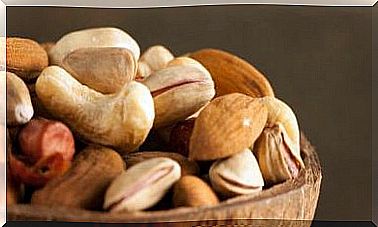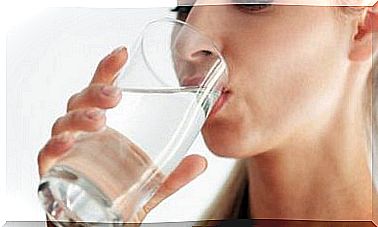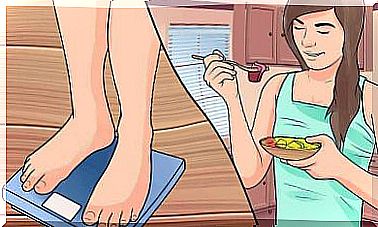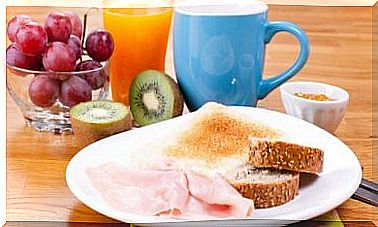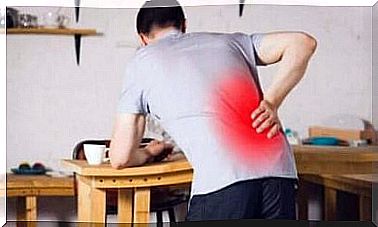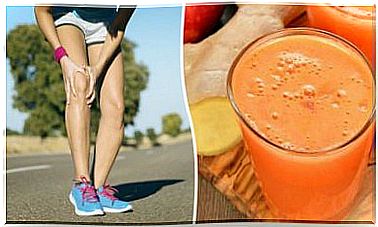Learn About Dietary Advice To Prevent Osteoporosis
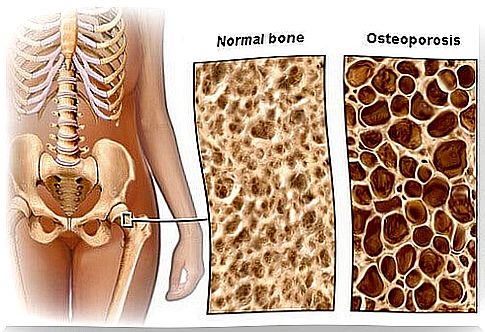
In osteoporosis, bones lose their density and thickness, making them more prone to fractures and injuries. All bones can be affected, so it is important to prevent it early. Doctors agree that women are more prone to developing osteoporosis because their bones are much thinner and less dense than men’s.
In addition, women go through the menopause, and the hormonal changes associated with menopause decrease bone density, and thus, women can progress more easily with osteoporosis . Therefore, in the following article, we will tell you how to prevent osteoporosis!
How to prevent osteoporosis – some tips:
Calcium
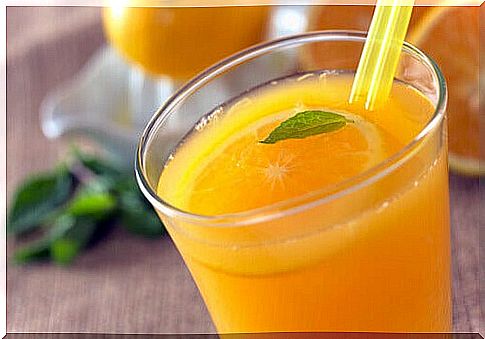
If you want to counteract or prevent osteoporosis, the most important ingredient to help you with this is calcium. We know that bones are mostly made of this nutrient, but it also has other vital functions in the body, allowing the muscles, nerves and immune system to work.
If your diet is not healthy or balanced, your body can use your bones as an energy reserve. This is not a serious problem if you only eat unhealthy every now and then and then revert to healthy habits. In this case, all you have to do is enrich your diet with an extra dose of calcium to replenish it that has been removed from your bones.
However, if your diet is very unhealthy and unbalanced, such supplementation will not be possible, and although your body will continue to absorb calcium from your bones, you may experience the effects of this process with the onset of osteoporosis and other related consequences.
At 30, your bones are at their densest and strongest. That is why it is so important to provide the body with the right amount of calcium for children and adults. As women go through the menopause, their bone density drops significantly due to severe hormonal changes that unfortunately contribute to osteoporosis.
This increases the likelihood of disease, and additional calcium intake becomes necessary at this time. It is best to consume about 1000-1200 mg of calcium per day. Although there are many dietary supplements available in pharmacies with this calcium content, it is important to choose natural products rich in this mineral.
However, if you decide to take supplements, make sure the calcium intake does not exceed 2,500 mg, as excessive calcium intake can cause kidney stones and difficulty absorbing minerals.
Calcium-rich foods include sardines, eggs, dried figs, oranges, chickpeas, clams, carrots, pine nuts, onions, calcium-fortified tofu, low-fat milk, etc.
Vitamin D
While consuming calcium is essential to prevent osteoporosis, it doesn’t make sense to take it without vitamin D. Vitamin D helps distribute calcium to those parts of the body that need it, including the bones. Vitamin D deficiency in adults causes the body to absorb calcium from the bones. All of this leads to osteoporosis.
We recommend a daily intake of vitamin D in the amount of 800 IU. Products containing the appropriate content of this ingredient are: salmon, sardines, fortified milk, soy milk, fortified yogurt, egg yolks and mushrooms.
Magnesium
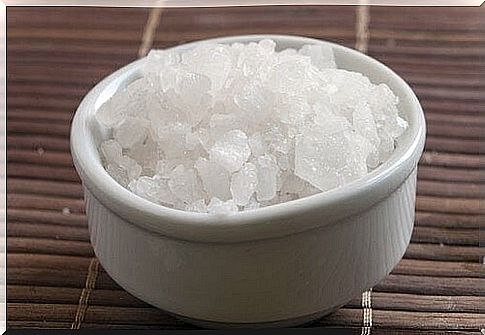
Magnesium has many important functions in your body. One of them is to facilitate the absorption of calcium. Some scientific studies have shown that adequate magnesium intake increases bone and fracture density and therefore counteracts osteoporosis.
It is common practice to enrich dietary supplements containing calcium and vitamin D, also with magnesium. While this makes it easier for minerals to be absorbed, it can also cause stomach problems.
You don’t need to use dietary supplements. All you need to do is add to your daily menu at least some of the following products: pumpkin seeds, spinach, amaranth, sunflower seeds, almonds, white potatoes, beans, peanuts, peanut butter, whole wheat bread and sesame.
Potassium
Potassium promotes bone formation, improves calcium balance, increases bone mineral density and reduces bone reduction caused by metabolic acids. In a study of 3,000 premenopausal and postmenopausal women, women who were still menstruating and increased their daily potassium intake had an increase in bone mineral density by up to 8%.
According to scientists, this effect was achieved mainly due to the natural properties of fruits and vegetables, but nevertheless, it seems quite obvious that potassium is also our great ally in the fight against osteoporosis.
Foods rich in potassium include: white potatoes, yogurt, soybeans, fish, sweet potatoes, avocados, bananas, lettuce, spinach, pumpkin, melon, milk, carrots, lentils, peaches, papaya, pistachios, soy milk, watermelon, tomatoes, mushrooms , raisins, peanuts, almonds, oranges, broccoli, sunflower seeds, etc.
Vitamin K.
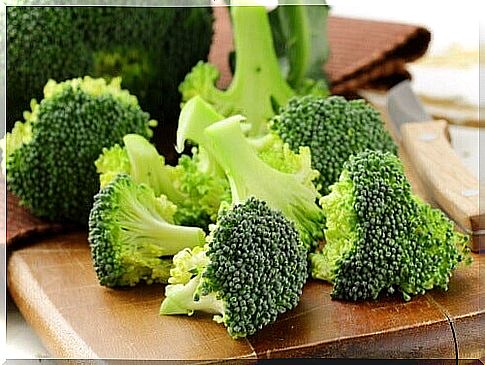
Vitamin K is essential for the production of osteocalcin, a protein that is only found in bones. It has been found that people who consume vitamin K in large amounts are less likely to develop fractures and develop osteoporosis. Therefore, it is worth consuming large amounts of vitamin K. Before taking any dietary supplements, consult your doctor.
Foods rich in vitamin K include: spinach, kale, chard, cabbage, endive endive, mustard, lettuce, broccoli, parsley, Brussels sprouts, watercress, asparagus, etc.
Protein
Most people believe that protein increases the risk of osteoporosis because the more protein we eat, the more calcium is excreted in the urine. However, scientists conducted a set of studies that showed that it is not the protein itself that is the problem here, but just an excess of it.
The fact is, protein is a key component of bone strength. This ingredient is found in foods consumed to strengthen bones: meat, fish, eggs, beans, lentils, soybeans and walnuts. Make sure you eat fat-rich foods, infrequently or in smaller amounts, such as milk, cheese, and yoghurt.
The diet used to prevent osteoporosis must not be too restrictive or different from what you are used to. As you can see, a well-balanced diet can provide you with the minerals and nutrients you need to keep your bones healthy.
